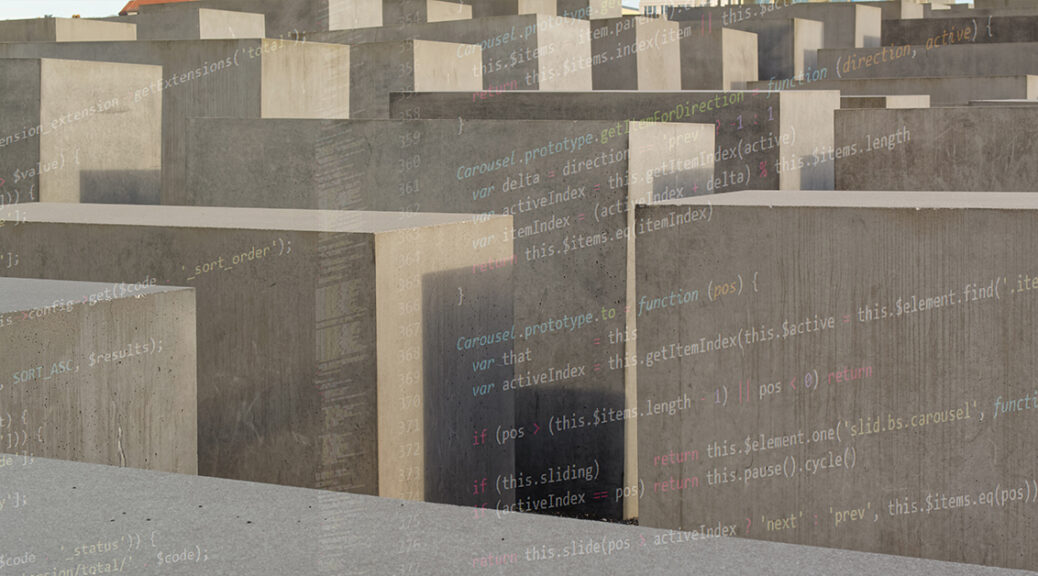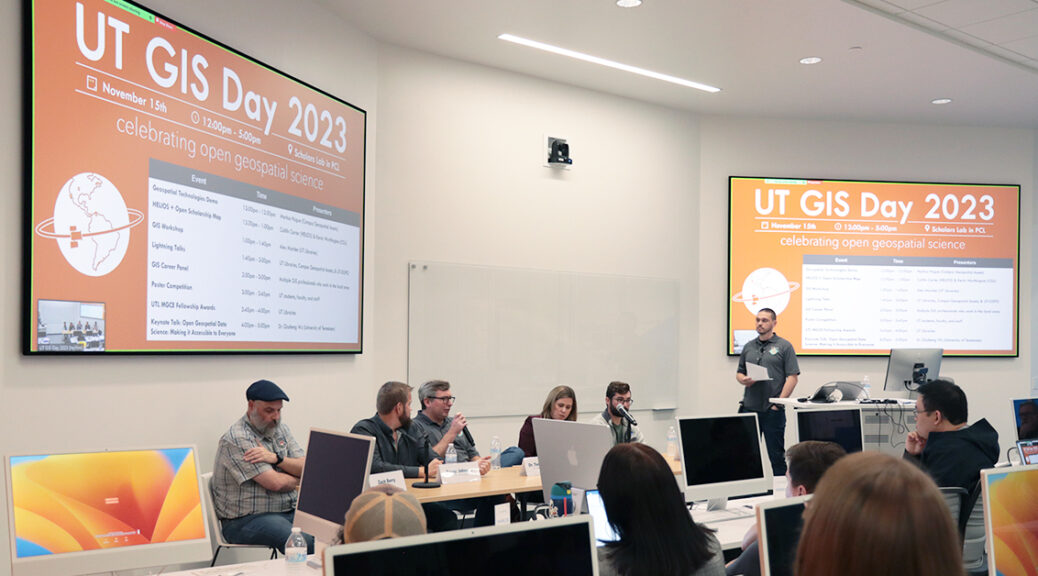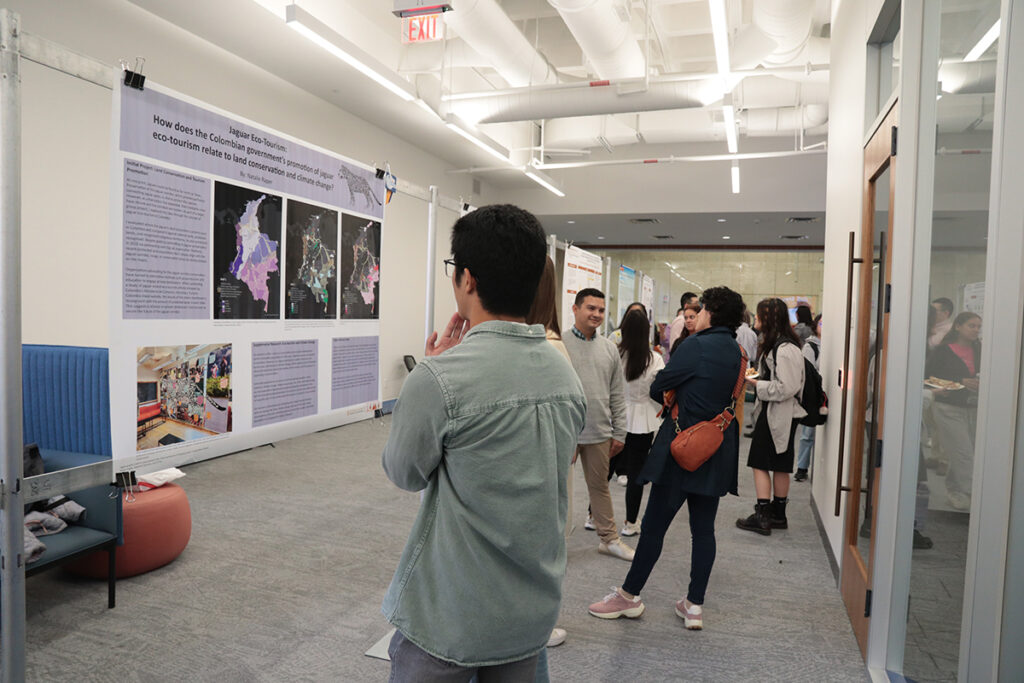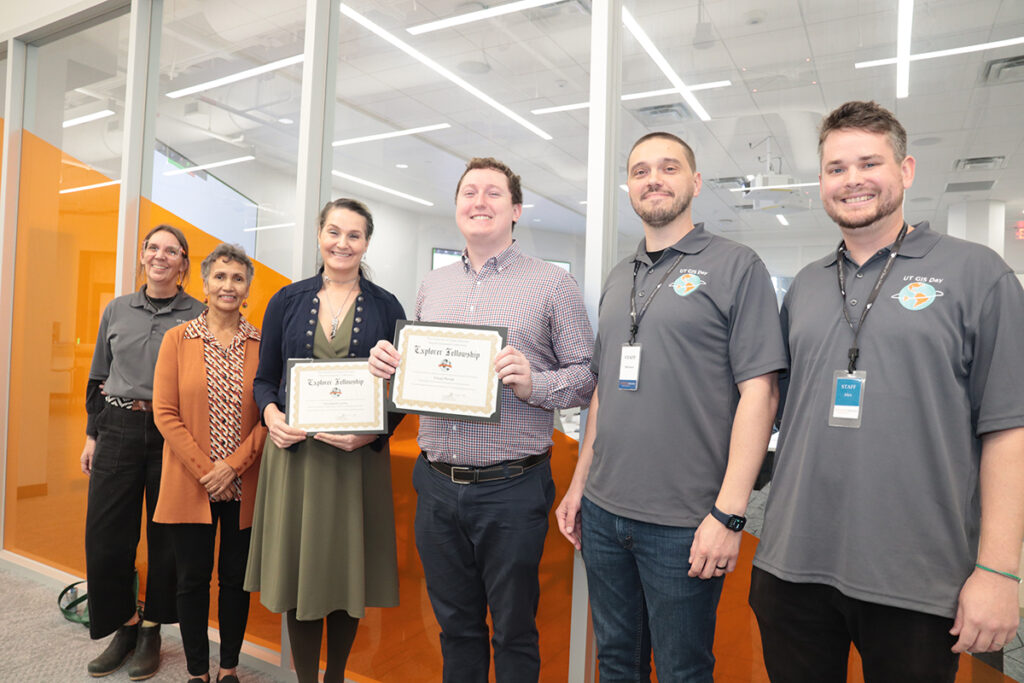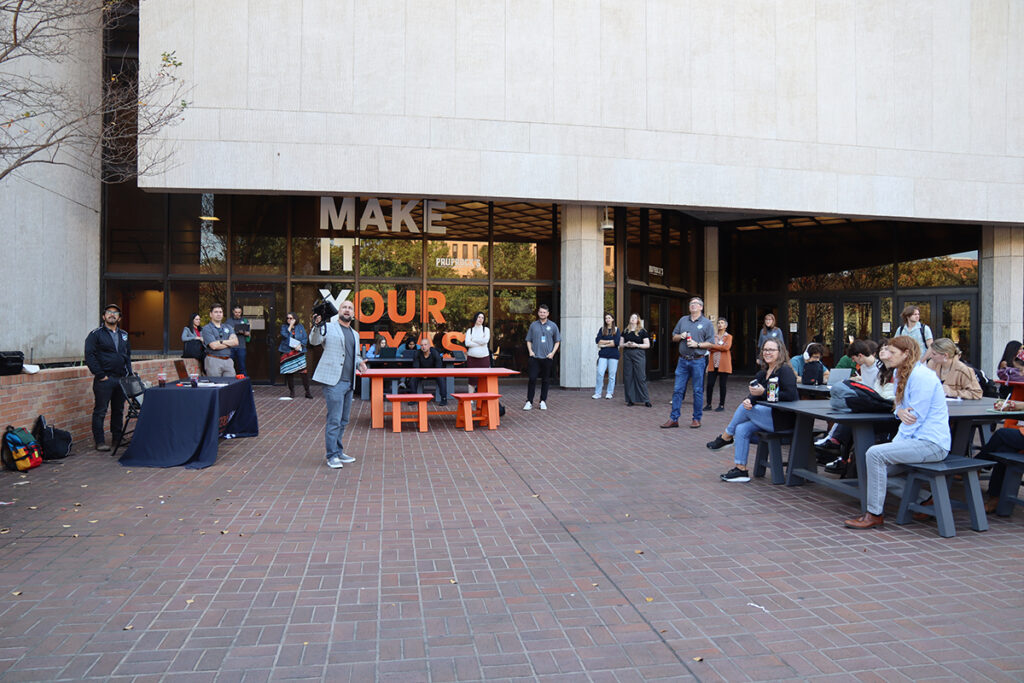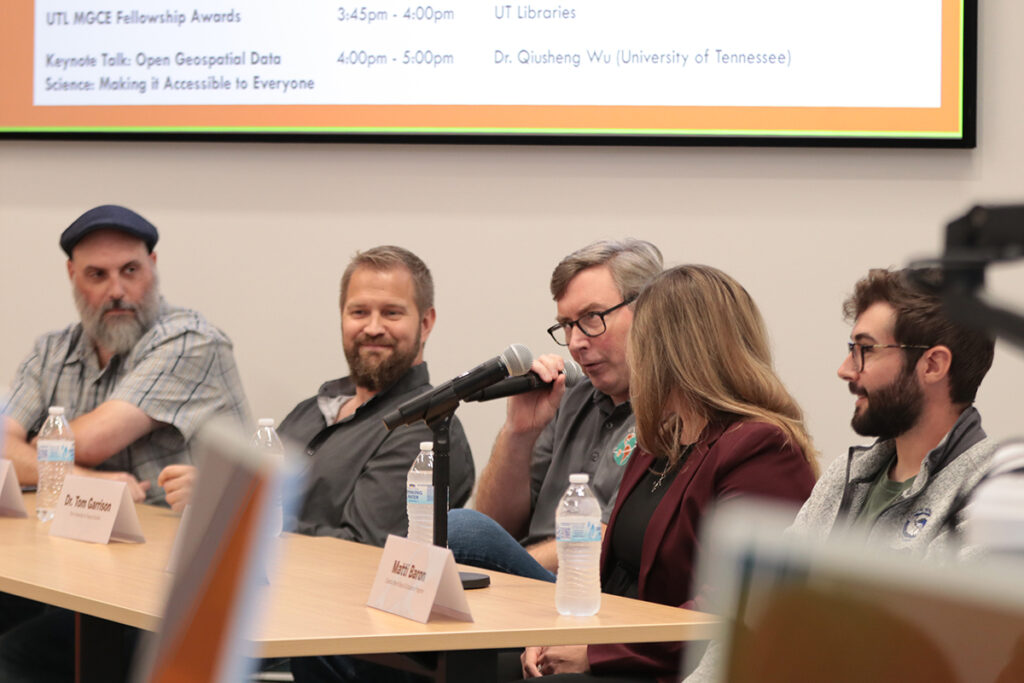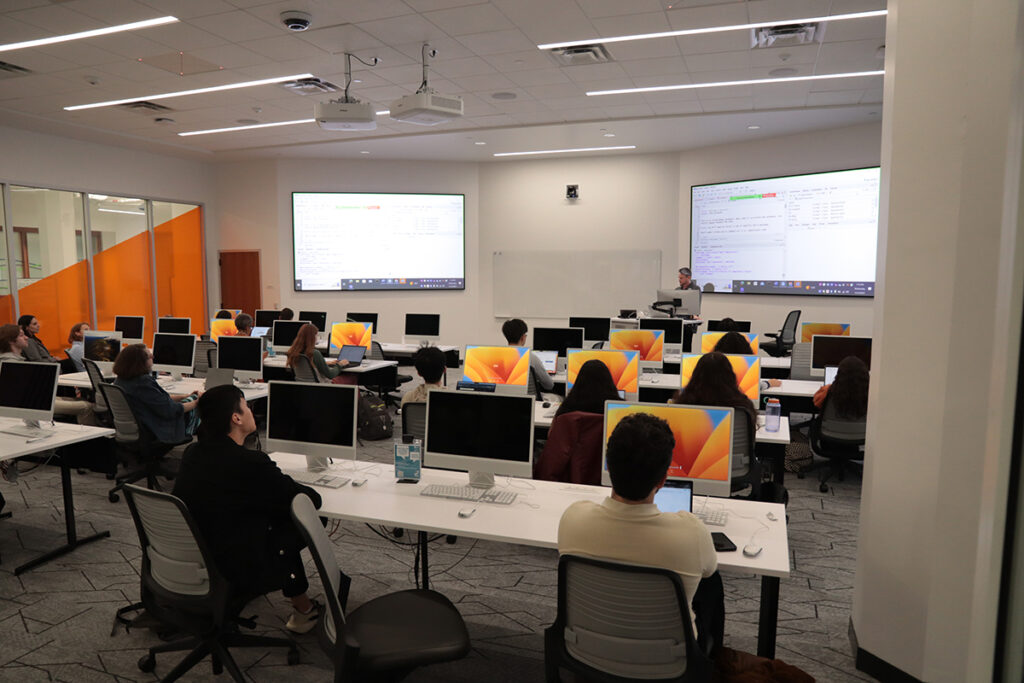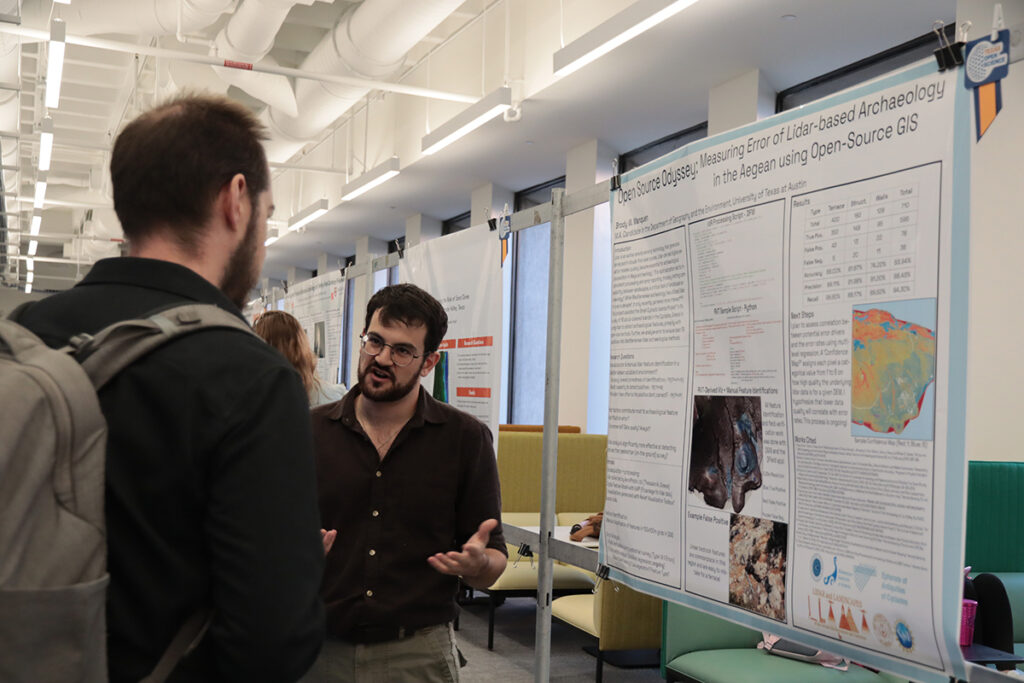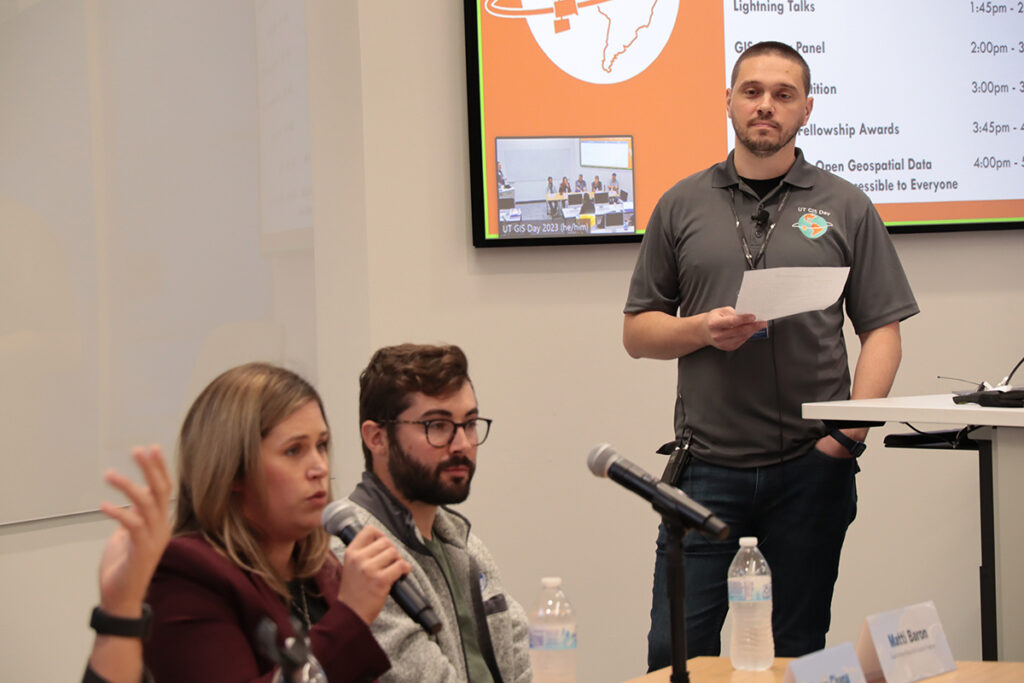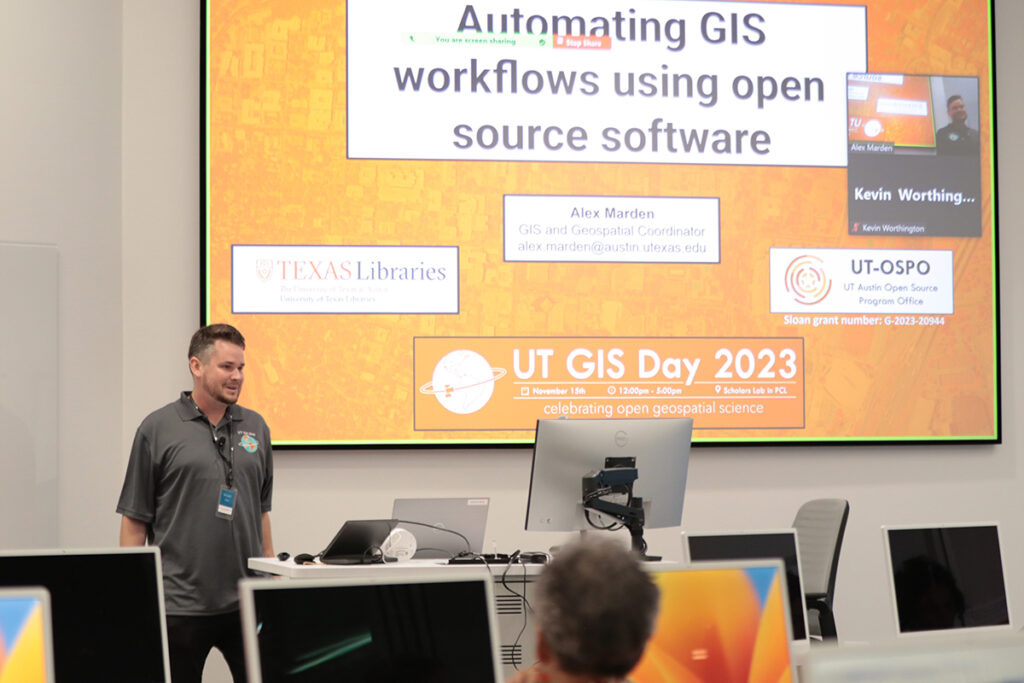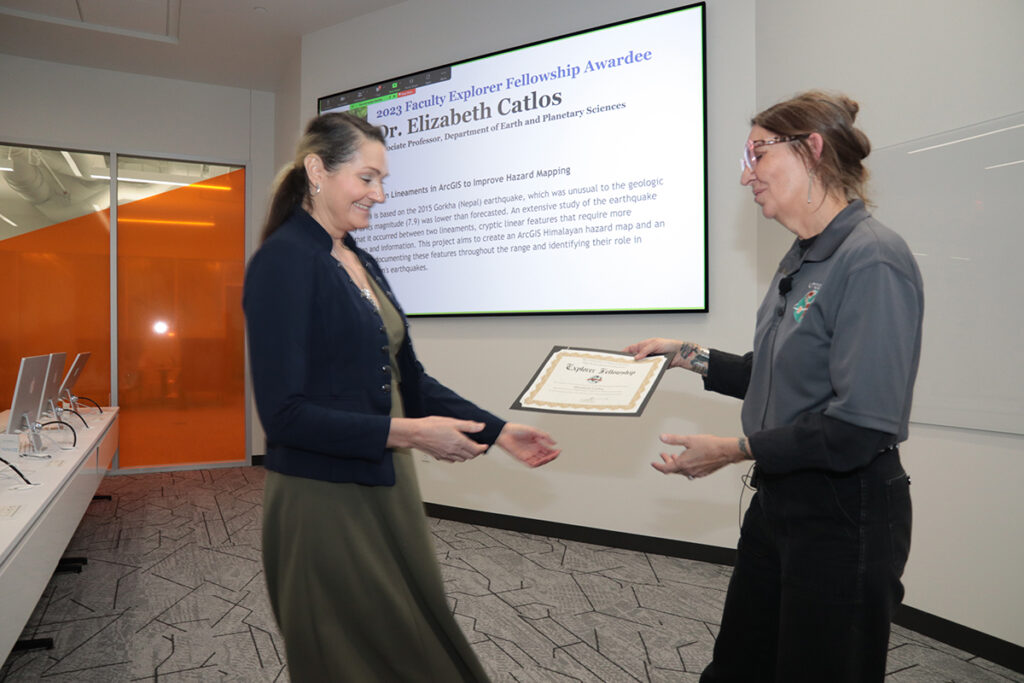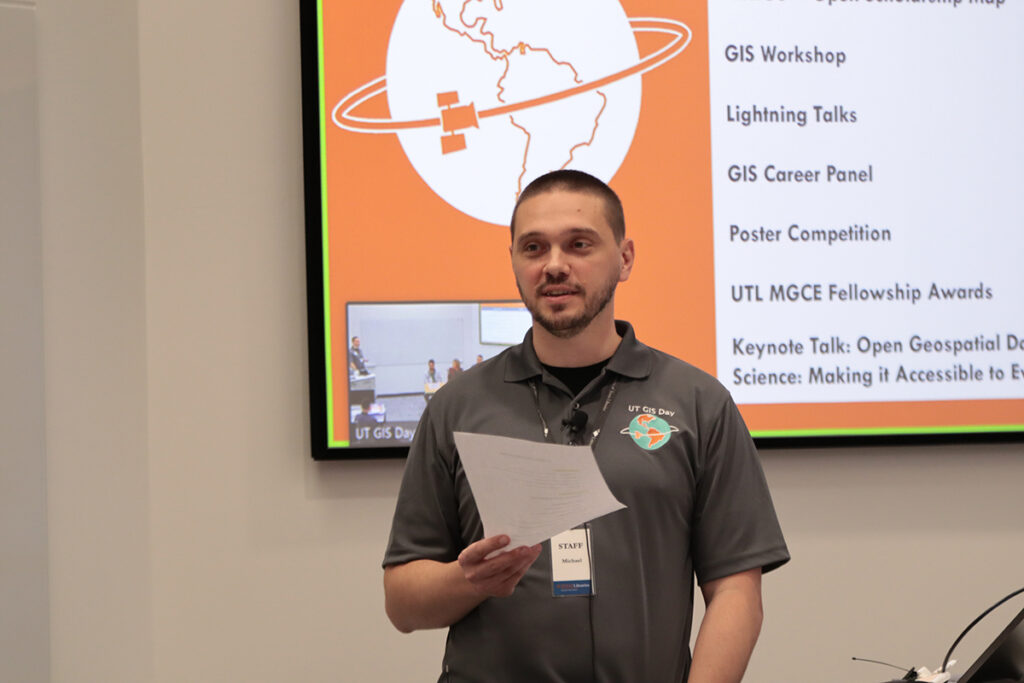In a recent event hosted at the Scholars Lab in the Perry-Castañeda Library, the Institute for Historical Studies (IHS) in the Department of History at the University of Texas at Austin delved into the complexities of mapping trauma in a workshop titled “Mapping Trauma: A Workshop on Space and Memory.”
This event, part of IHS’s exploration of the theme “Experiencing Place: Interrogating Spatial Dimensions of the Human Past,” brought together scholars and practitioners to discuss the limitations of traditional Geographic Information Systems (GIS) in capturing the nuances of human experiences, particularly in contexts of trauma such as the Holocaust.

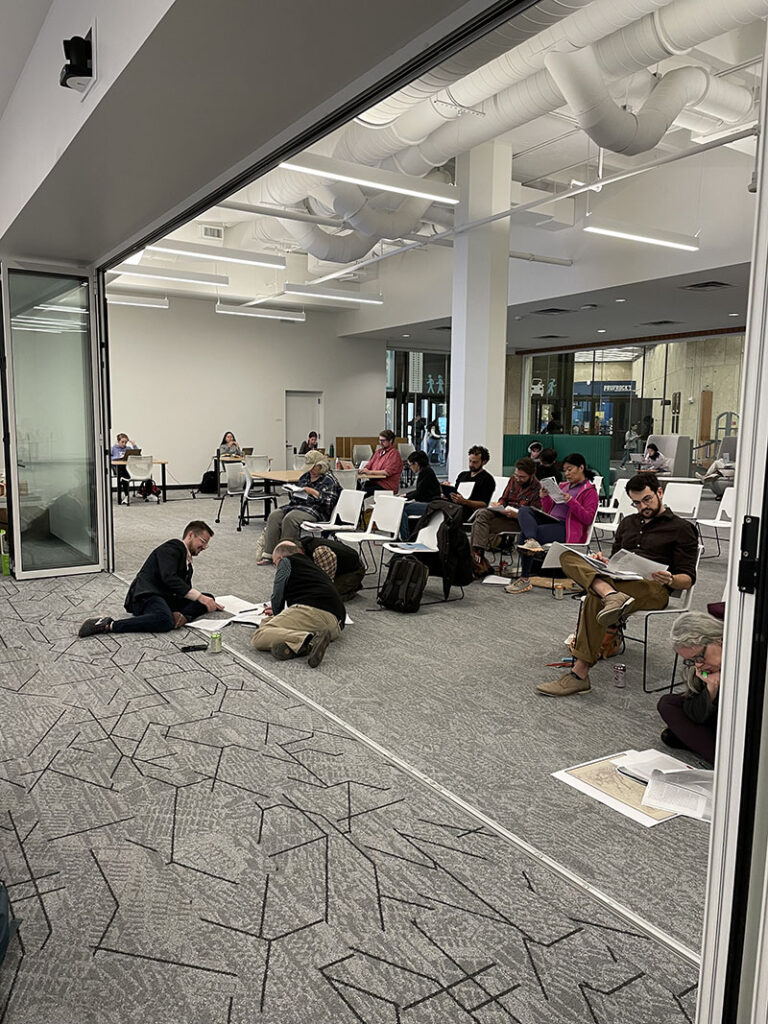
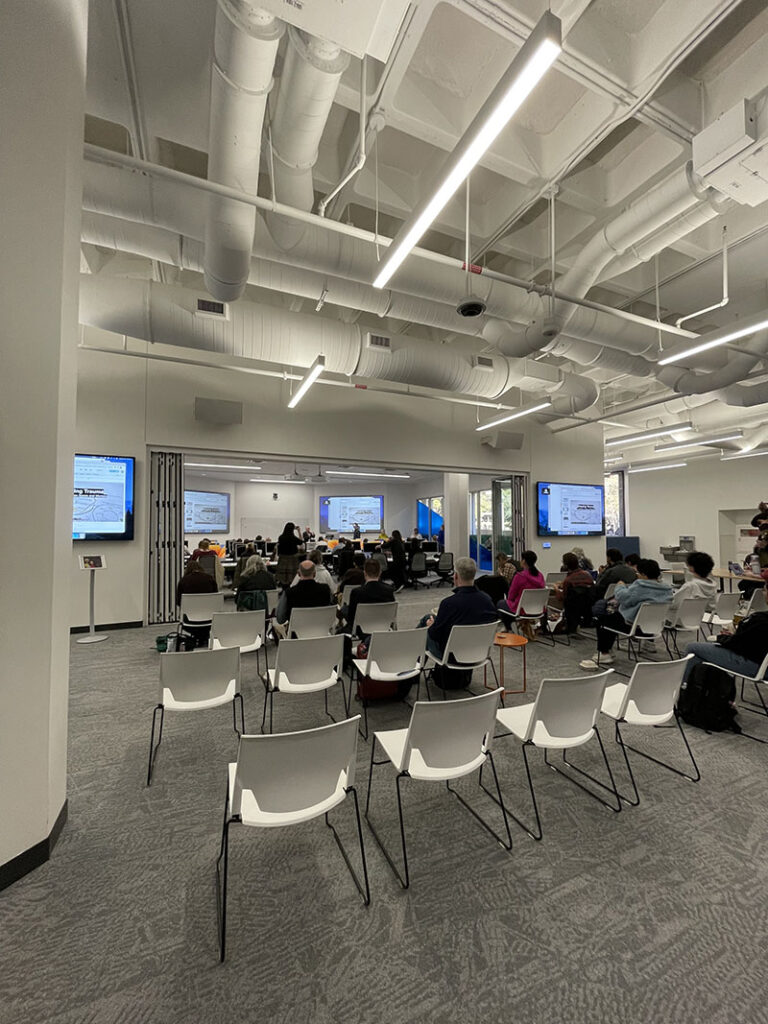
The keynote speakers, Dr. Anne Kelly Knowles and Levi Westerveld, presented insights gleaned from their extensive research collaboration spanning a decade. Knowles, a McBride Professor of History at the University of Maine and co-founder of the Holocaust Geographies Collaborative, along with Westerveld, a Senior Engineer & Geographer at the Norwegian Coastal Authority, offered innovative perspectives on mapping trauma, drawing from their work with Holocaust survivor testimonies.
Traditional GIS methodologies, while effective for certain types of mapping, often struggle to represent the complexities of human experiences. Knowles and Westerveld’s research challenges the default Cartesian grid approach of GIS, advocating for alternative mapping techniques that accommodate the fragmented and subjective nature of traumatic memories. They emphasized the importance of incorporating qualitative data and subjective narratives into geospatial practices, moving beyond mere coordinates to capture the emotional and psychological dimensions of historical events.
The workshop explored various strategies for mapping traumatic memory, including the concept of “mental maps” and inductive visualization techniques. Participants engaged in hands-on exercises, analyzing survivor testimonies and experimenting with visualization tools to uncover hidden spatial narratives. Through these activities, attendees gained a deeper understanding of the challenges inherent in representing trauma spatially and the creative possibilities for addressing them.
The event offered a thought-provoking exploration of the intersection between geography, memory, and trauma. By challenging traditional GIS approaches and embracing alternative mapping techniques, scholars are in a better position to uncover deeper insights into historical experiences and enrich understanding of the human past.
Learn more about IHS programs, including those under the “Experiencing Place” research theme this year, by following @utaustinihs and joining the mailing list here.

